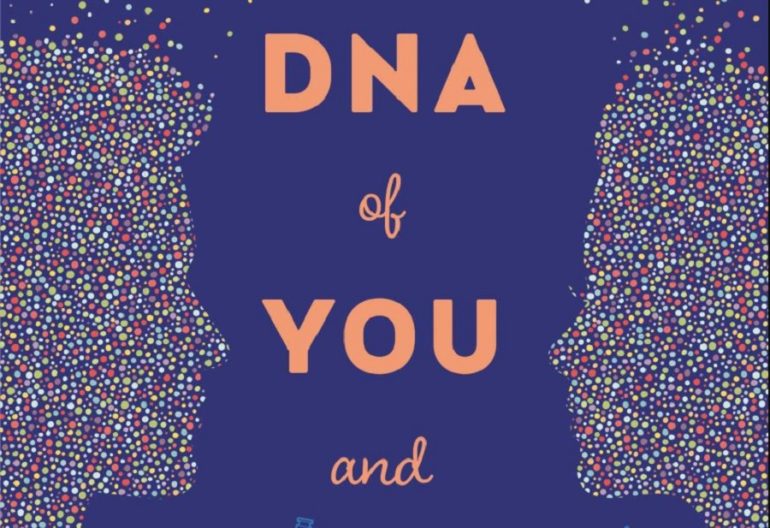“The light pouring through the glass stung my eyes momentarily, until I was able to see it: the Hudson flowing like melted steel in the distance.”
Emily Appell might be one step away from a social recluse, but her narrative voice intrigues and invites. Rothman deftly brings us into Emily’s world, a world of DNA sequences and a single-minded ambition – the belief she is born to discover what drives our sense of smell. It is this purpose that connects her with fellow co-worker Aeden, despite different methodologies and a rivalry emerging from desired ownership over the same project. The science might be technical, but the reasons that fuel both their pursuits are wholeheartedly personal.
Rothman begins her novel in the present, using Emily’s spatial travel to her old lab as a bridge to propel us back to the past. This cleverly helps in pushing the reader forward – driven by unanswered questions and a burning desire to unravel the walked cobblestones on Emily’s path. Rothman has the difficult task of feeding scientific context to us layman readers (or maybe it’s just me), but she does this so effortlessly that I find myself following the discussions and conversations with ease. Emily is not a protagonist who is constantly steered by a righteous moral path, which I appreciate. It feels real that she would do desperate things in order to aid her progress in the project, and the reader would find themselves on her side.
“We sat like that for a while, holding hands, his chest gently rising and falling, my heart jostling against my rib cage, threatening to fly out.”
It is apt that I chose this quote to highlight, since my heart was reacting in very much the same fashion as Emily’s. Every shared moment between Emily and Aeden made my breath catch and my face blush. I found myself watching him in the way she does, noting his habits and idiosyncrasies. Each time he ushers her into a dark room and behind a locked door, I wonder to myself – is this it? Is this the point where he falls and their partnership becomes more? Perhaps I should have protected my heart more.
Much like Susan Glaspell’s protagonist in The Verge, Emily faces the challenge of being a woman in a STEM field as well as the wall of gender expectations. While a woman can have a career, children and family should take precedence. Amongst the married and child-bearing women in Aeden’s family, Emily’s fixation on her research and career marks her as unnatural. This eventually becomes the issue that blemishes and ruins, for she cannot pretend to be something she’s not.
Here’s the thing: maybe we are all pretending. We go through the motions of trying to be more than we are, striving towards an ideal self, adding layers to distract ourselves from our “solitary confinement inside our own skins.” Emily feels this acutely, that any life she would have with Aeden would result in his unhappiness, because she believes she would be unable to give him the life he needs.
This is where the motif of mirrors comes in. Emily is constantly faced with this warped image she has of herself – a lone traveller in our grass-filled world. Then Aeden forces her to see the Emily he sees, and this allows her to move beyond her locked door. She lets him in and frees herself in the process. Initially, she does not recognize her freed state, diving into work and allowing it to lick her wounds. It is not until he shows her the mirror again and she sees it for herself that she realises what was lost.
It is a cathartic moment, for both Emily and the reader, because we now know she will be okay. This is what I love most about Rothman’s novel – she has made me care so effusively for a character who exists in an imagined world. Emily has such far-reaching agency that she lives in my mind now. It is fiction and yet it feels like real life, where the boundaries have blurred so much that I almost expect to catch a glimpse of Emily’s red hair as I turn the corner of my street.
The novel may be a romance, but it refuses to be constrained by the genre. Therefore, it is a novel for you and for me, for anybody who is lost and drifting or even those who see themselves with blinding clarity. May this book be a mirror you hold to yourselves, a self-portrait in the vein of Van Gogh, allowing you to see what was there all along.
Review copy provided
Some of the coverage you find on Cultured Vultures contains affiliate links, which provide us with small commissions based on purchases made from visiting our site.




